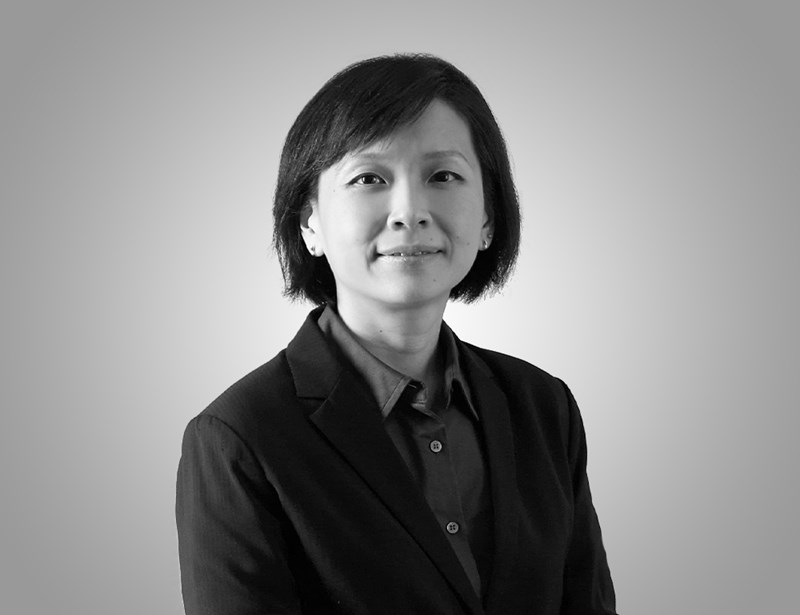- 10/12/2021
- Articles Authored
Singapore | Director Yvonne Tang quoted in Asia IP articles on the enactment of the Singapore’s new Copyright Act
Director Yvonne Tang shared her insights with Asia IP on the enactment of the new Copyright Act in Singapore, in particular photographers hired for wedding photography will become the default first owners of the photos. The new Copyright Act came into force in November 2021.
According to Section 30(2) of the repealed Copyright Act of Singapore, “the author of a literary, dramatic, musical or artistic work shall be entitled to any copyright subsisting in the work.” In the case of photographs, portraits and engravings however, Section 30(5) of the repealed Act provided that copyright would be owned by the commissioner of the work, not the creator. With the enactment of the new Copyright Act, the general rule will now apply to photographs, portraits and engravings.
The shift in ownership of copyright from the contracting party, such as a newlywed couple, to the creator, such as the wedding photographer, is one of the key, and probably most controversial changes. The creator may waive his ownership of the copyright and transfer this right to the contracting party via negotiations and a contract. This change was made to address the inequality of bargaining power between large commissioning parties and creators.
In the first article, Yvonne commented that in the case of wedding photography, it may be viewed as a particularly unique situation, distinguishable from other types of works such as sound recordings or films commissioned by a company for a corporate flyer or event. She was quoted saying, “From the bargaining inequality perspective, it may in fact be the subject of wedding photography, namely the couple itself, as individuals, that lack familiarity and experience in the area, as compared to entities experienced in the wedding photography industry.” Yvonne also highlighted that the power imbalance between commissioning parties and creators may remain, citing “it is not unimaginable that there will be creators who would readily cede ownership rights, leading to other creators being pressurized to follow suit, to remain competitive.”
In the second article, Yvonne highlighted that “The concern was that couples who are unaware of this change may be in for a rude surprise when they realize that the copyright in their wedding photographs that were taken by the photographer they hired would, after the amendment comes into effect, belong to the photographer and not the couple.” “Given that wedding photography may be considered to be highly personal in nature, there may be stronger reasons for ensuring that the couple’s rights are respected and protected.”, she added.
You may read the first article here and the second article here, both articles appear on Asia IP.

